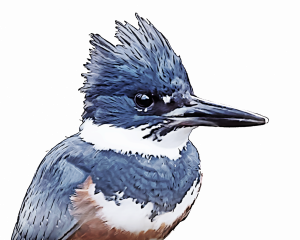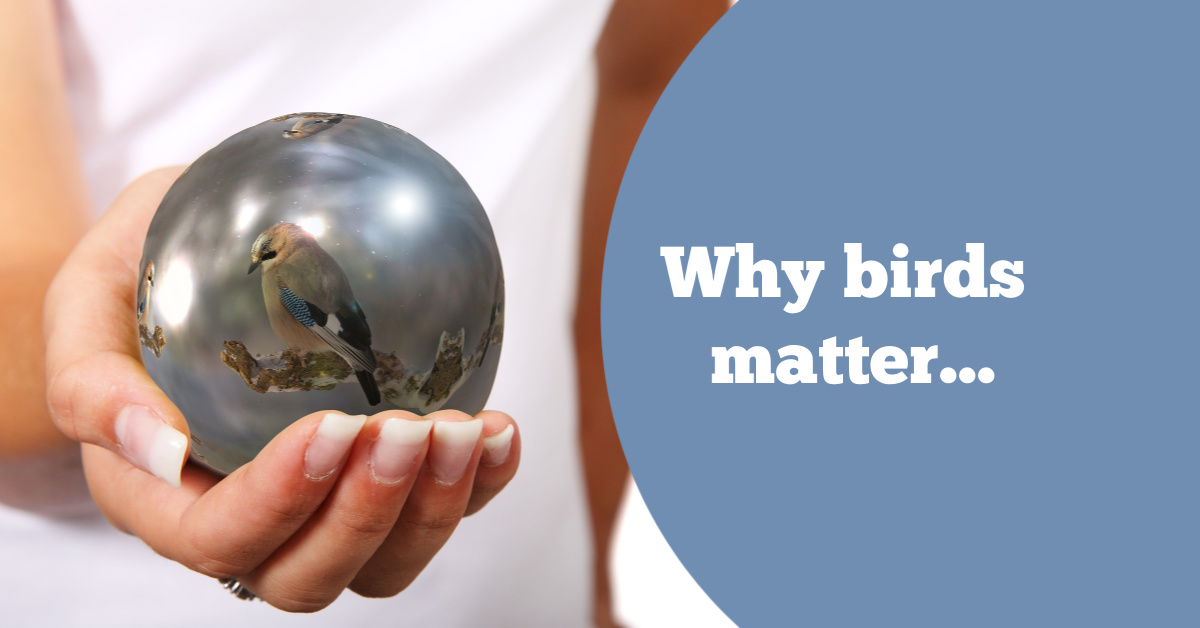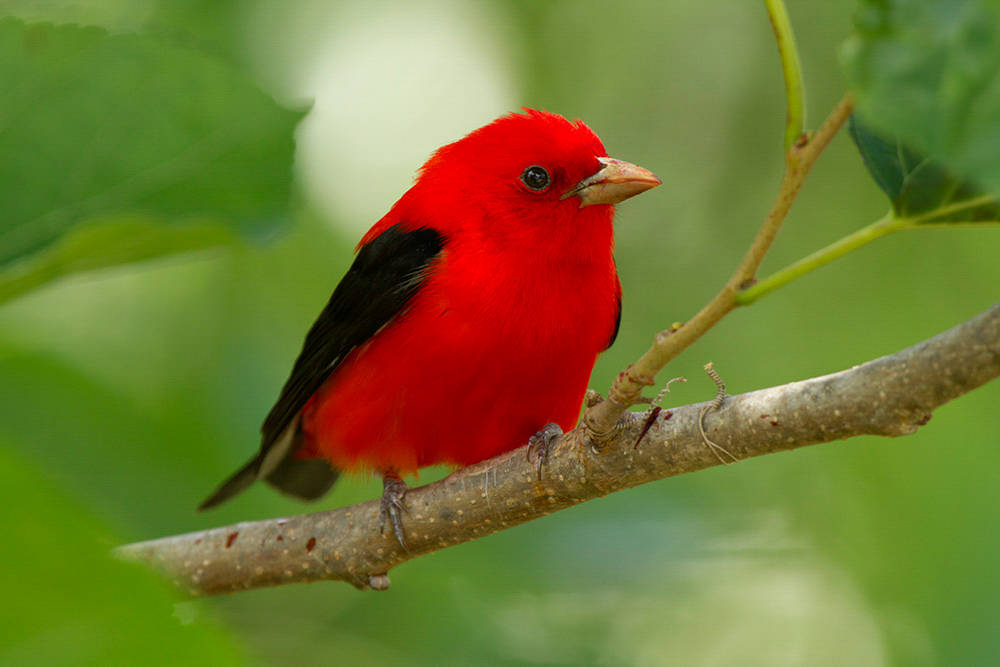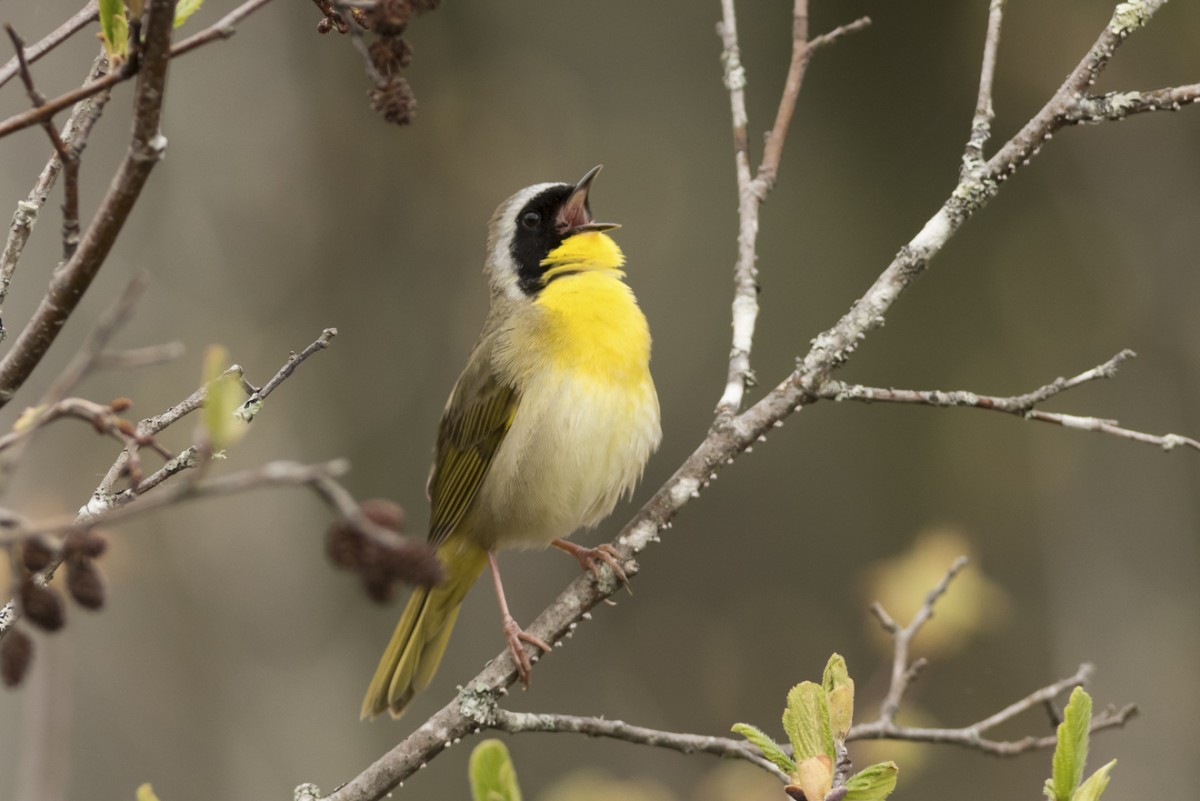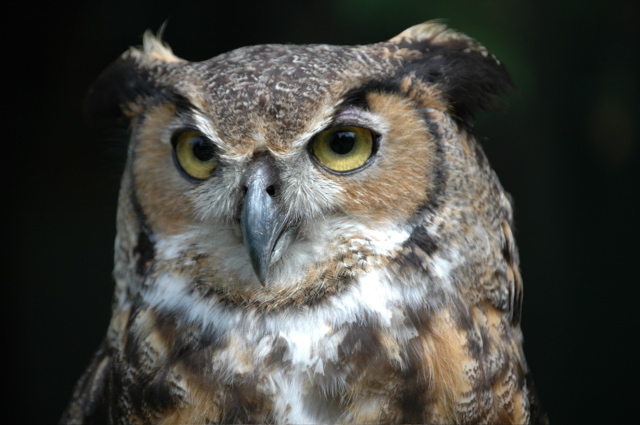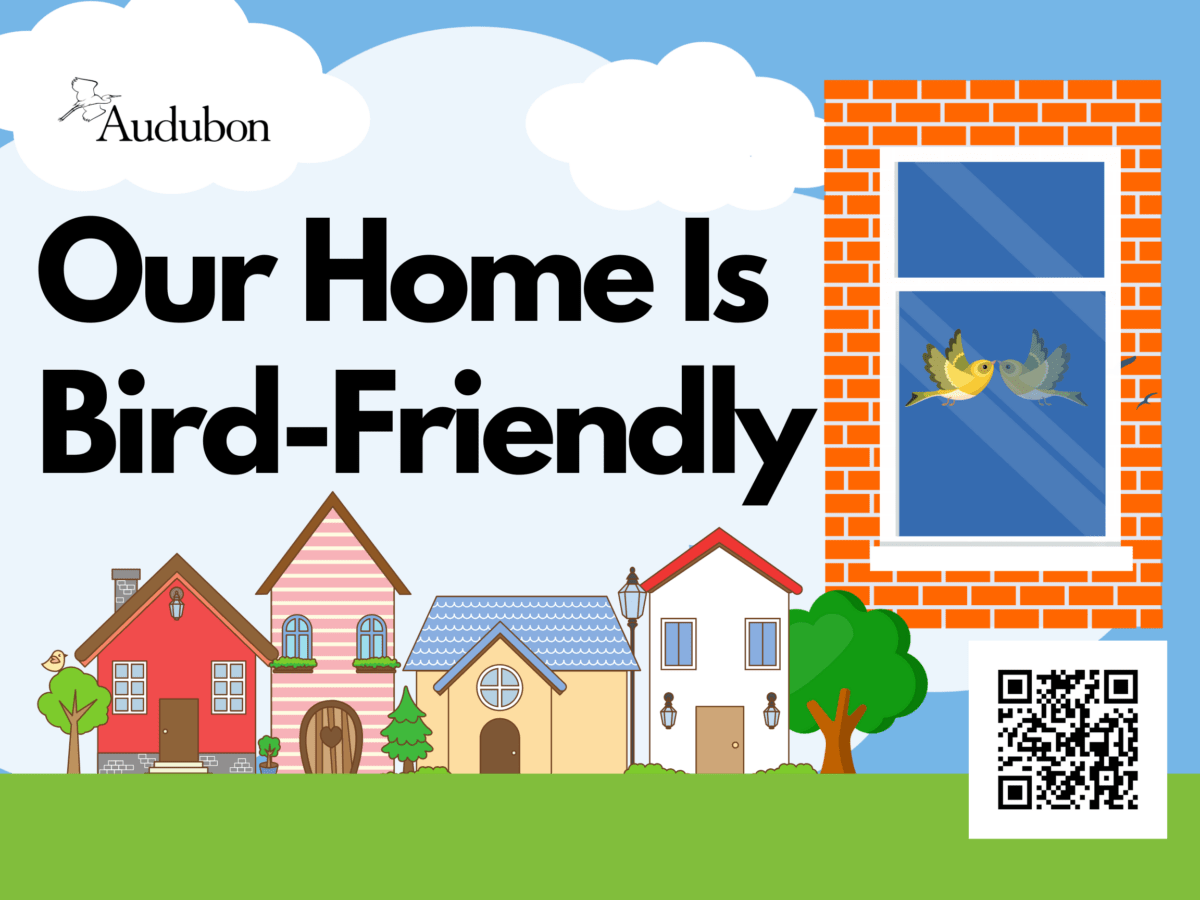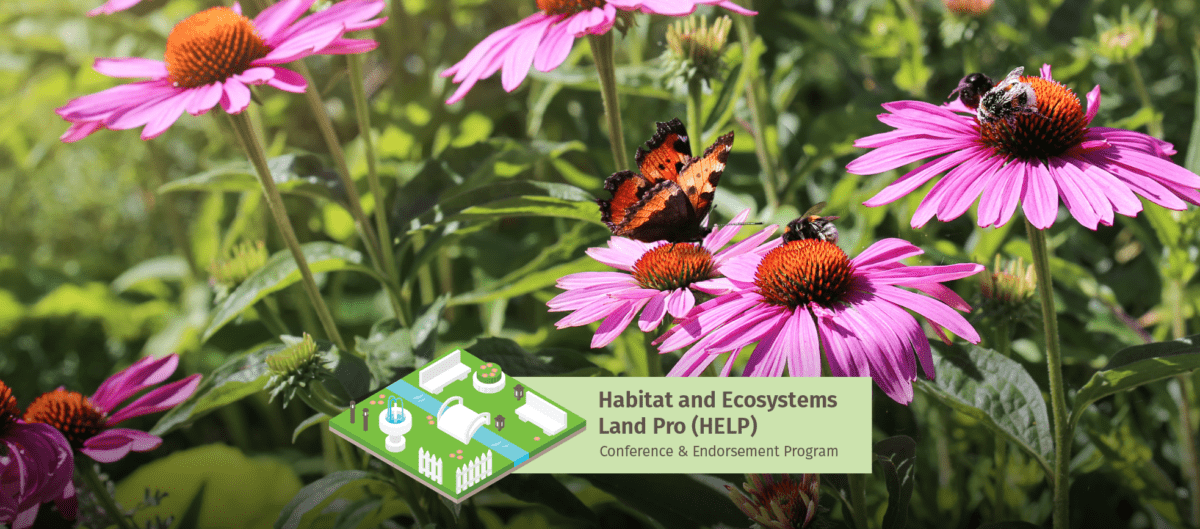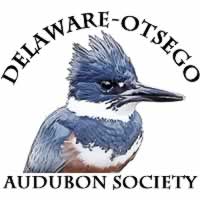March 2013
Good news on rodent poisons —
Readers of the Jan-Feb issue of Audubon magazine saw an article by Ted Williams on the ravages of rodenticides on raptors and other predators who fed on poisoned mice and rats. By feeding on dead or dying rodents, birds, foxes, coyotes, fishers, and even pets pick up lethal doses of the anticoagulants that are the active ingredients in the poisons. Veterinarians and wildlife rehabilitators have no way to save these non-target animals.
As Williams points out, it is mostly newer second-generation compounds that affect predators. First-generation rodenticides that use warfarin and other quick-acting poisons are actually less of a problem since the rodents die more quickly, before they accumulate high doses.
There have been efforts by states and by EPA to halt the sale of second-generation poisons to homeowners, as they are most likely to use them indiscriminately and not follow label directions. Many manufacturers voluntarily did so, but d-CON — one of the largest pest control companies — along with pet-care products manufacturer, Spectrum Brands, have refused to do so.
Now the EPA has ordered d-CON to stop these sales. However, it is not certain d-CON’s parent company the $37 billion Reckitt Benckiser, maker of products ranging from Woolite and Lysol to French’s Mustard, and Spectrum Brands, will comply or will enter into a potentially drawn out appeal that will allow them to continue to poison non-target wildlife.
What you can do —
Contact Reckitt Benckiser and Spectrum Brands via the American Bird Conservancy and ask them to halt consumer sales of these products immediately. Check rodent poisons you may have and safely discard any that contain brodifacoum, bromadiolone, difethialone, or difenacoum.
NY State delays fracking decision —
In a victory for the environmental community and the public, the Cuomo administration has decided to wait for completion of a health impact study before finalizing the environmental review of hydrofracking natural gas production. This common sense move had been urged by many citizens and organizations during hearings and comment periods for this review.
The decision means the state will need to restart the review process, as there was a February 27 deadline to issue an impact statement by state regulation. One negative note came out of the state decision, as Dep’t. of Environmental Commissioner Joe Martens stated that the agency might issue drilling permits before completion of the new review.
What you can do —
Contact Gov. Andrew Cuomo and thank him for waiting for the health study before deciding on hydrofracking. Tell him that this dangerous practice threatens the environment, public health, and the rural character of upstate and that he should just say no to hydrofracking.
